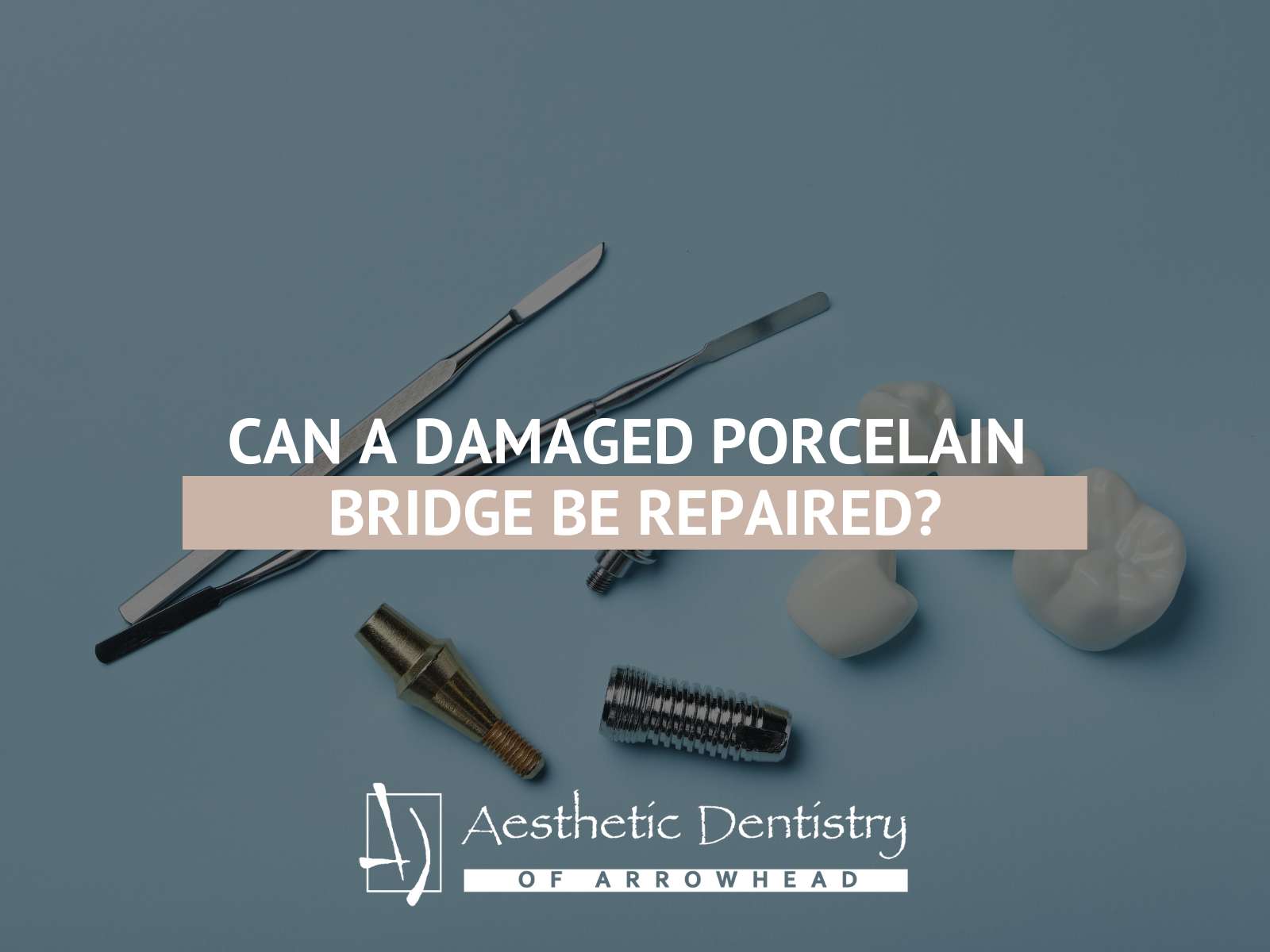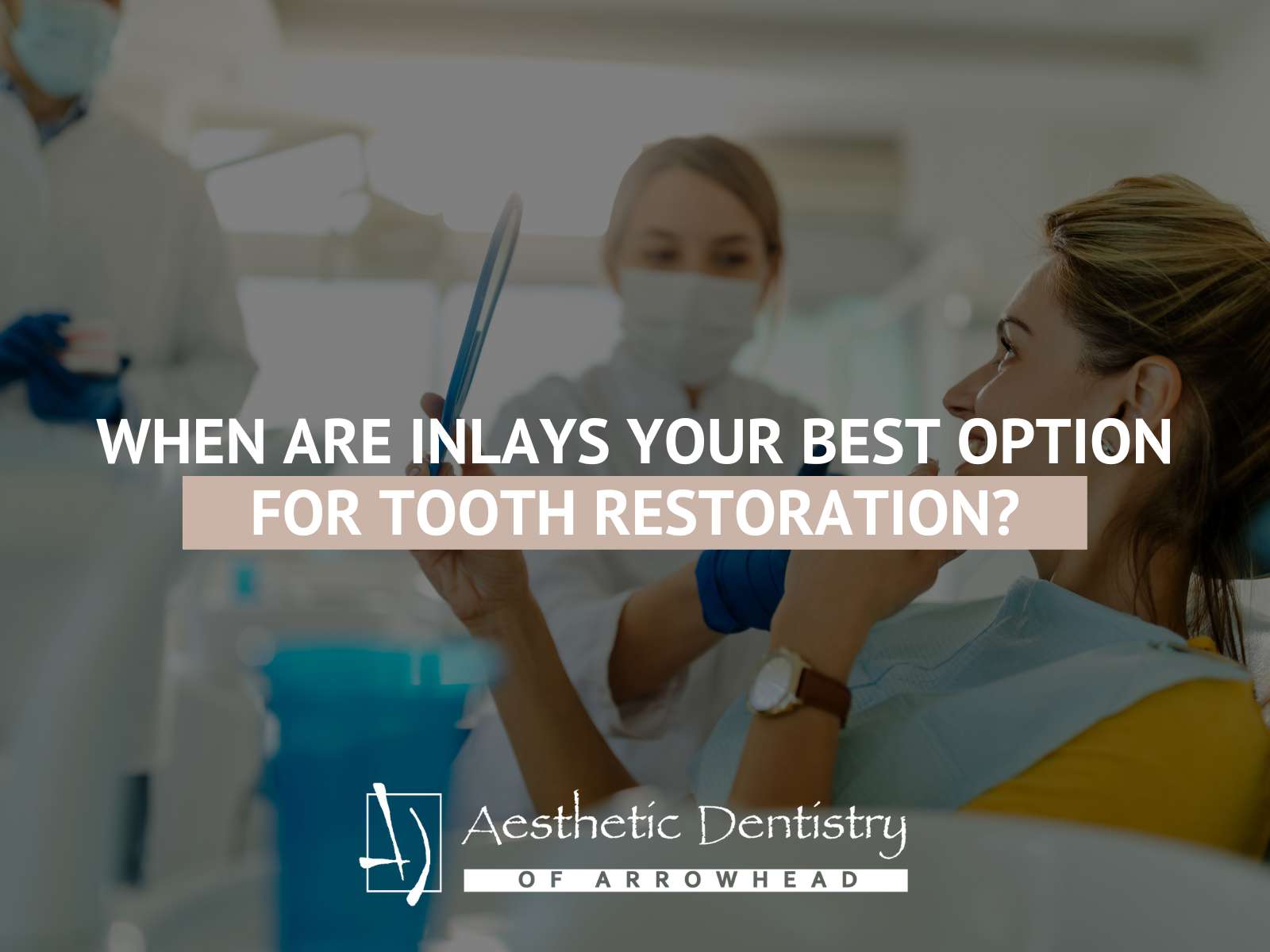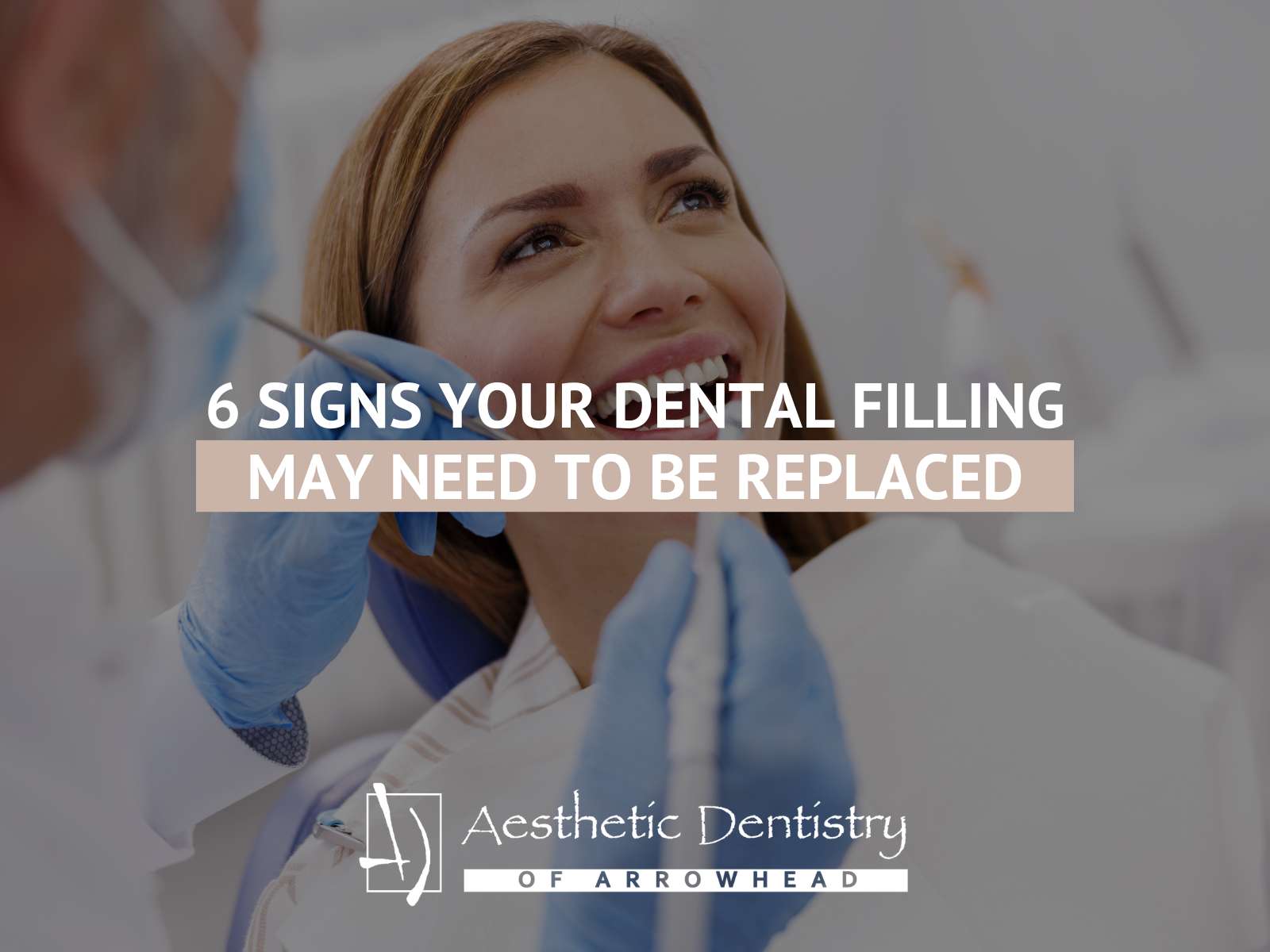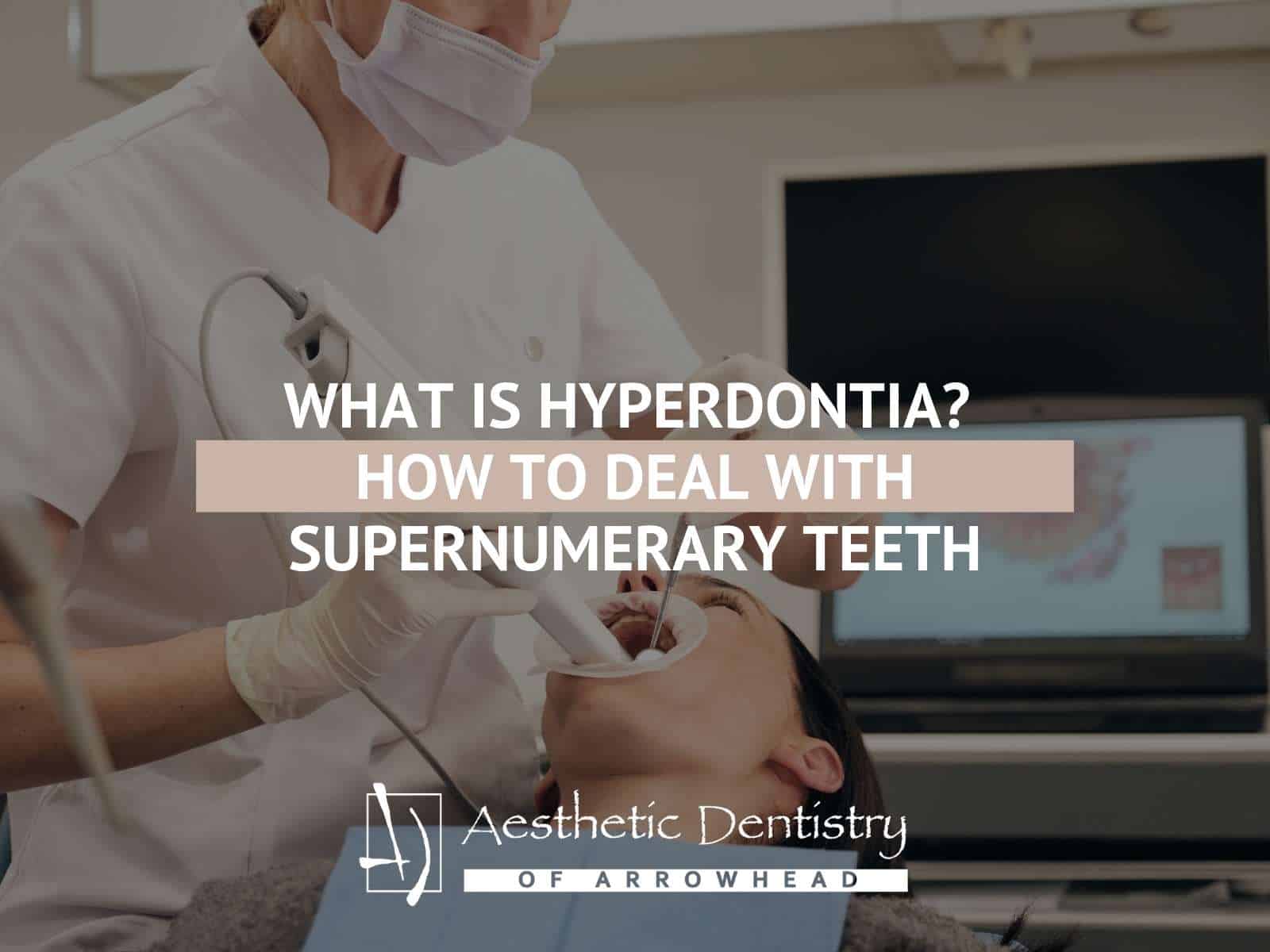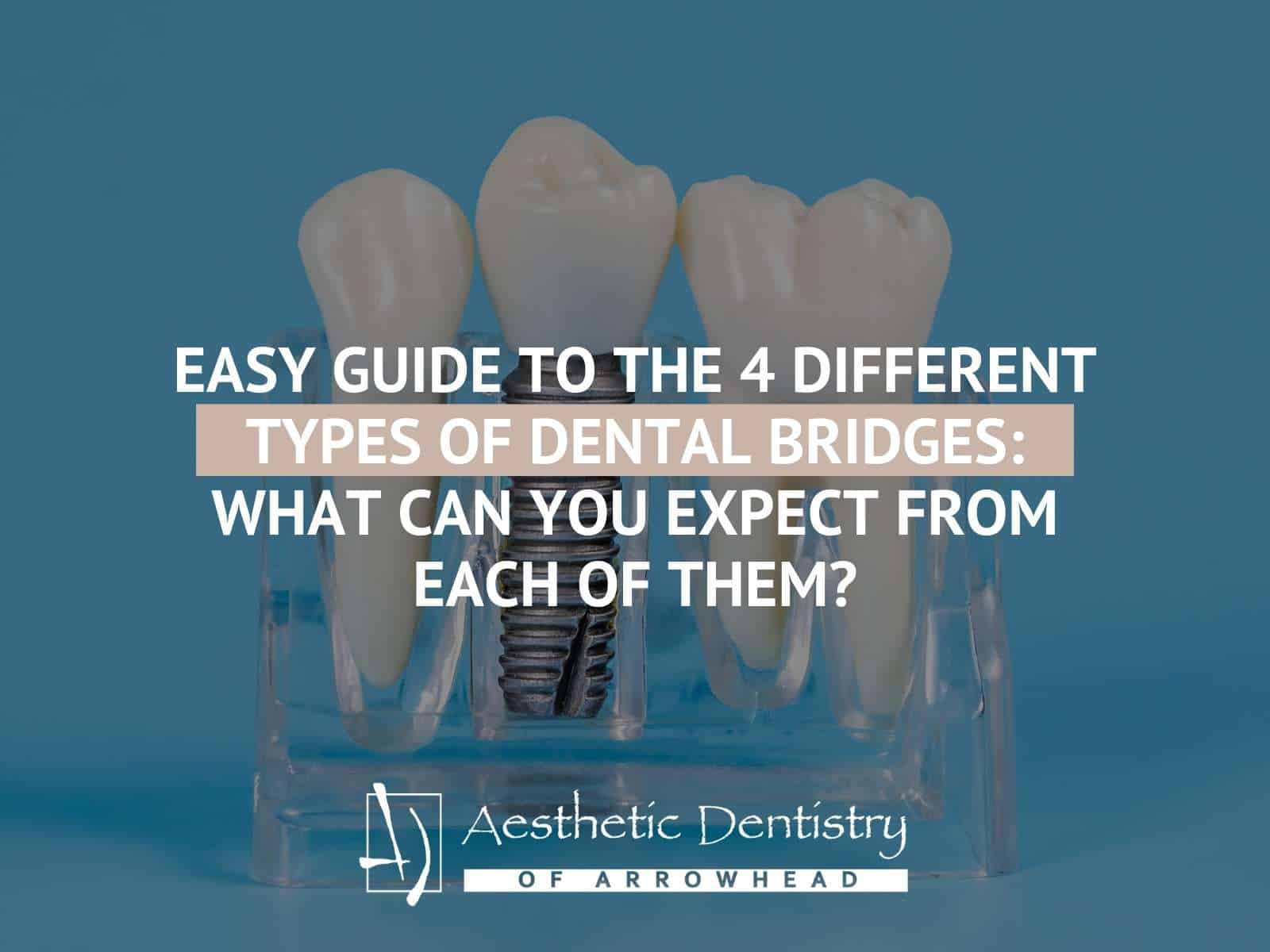The Truth Behind Brushing Your Teeth With Charcoal For Easy Teeth Whitening Treatment
Does Charcoal Toothpaste Work?
Charcoal is a growing trend in the world of wellness and cosmetics. It’s become a popular ingredient in face masks and scrubs, and is also increasingly widely used for teeth whitening. Activated charcoal, which is the type of charcoal that is used in cosmetics, toothpaste, and beauty products, is a very fine powder that is made from wood and coconut shells that are oxidized under very high heat. With so many charcoal toothpaste products available online, in drugstores, and even at big box retailers, more people than ever are giving them a try. Charcoal is a very absorbent material, so it is a natural choice for absorbing and removing toxins. But does it really work to whiten teeth? Keep reading to learn more about charcoal toothpaste, what we know, and what we don’t know.
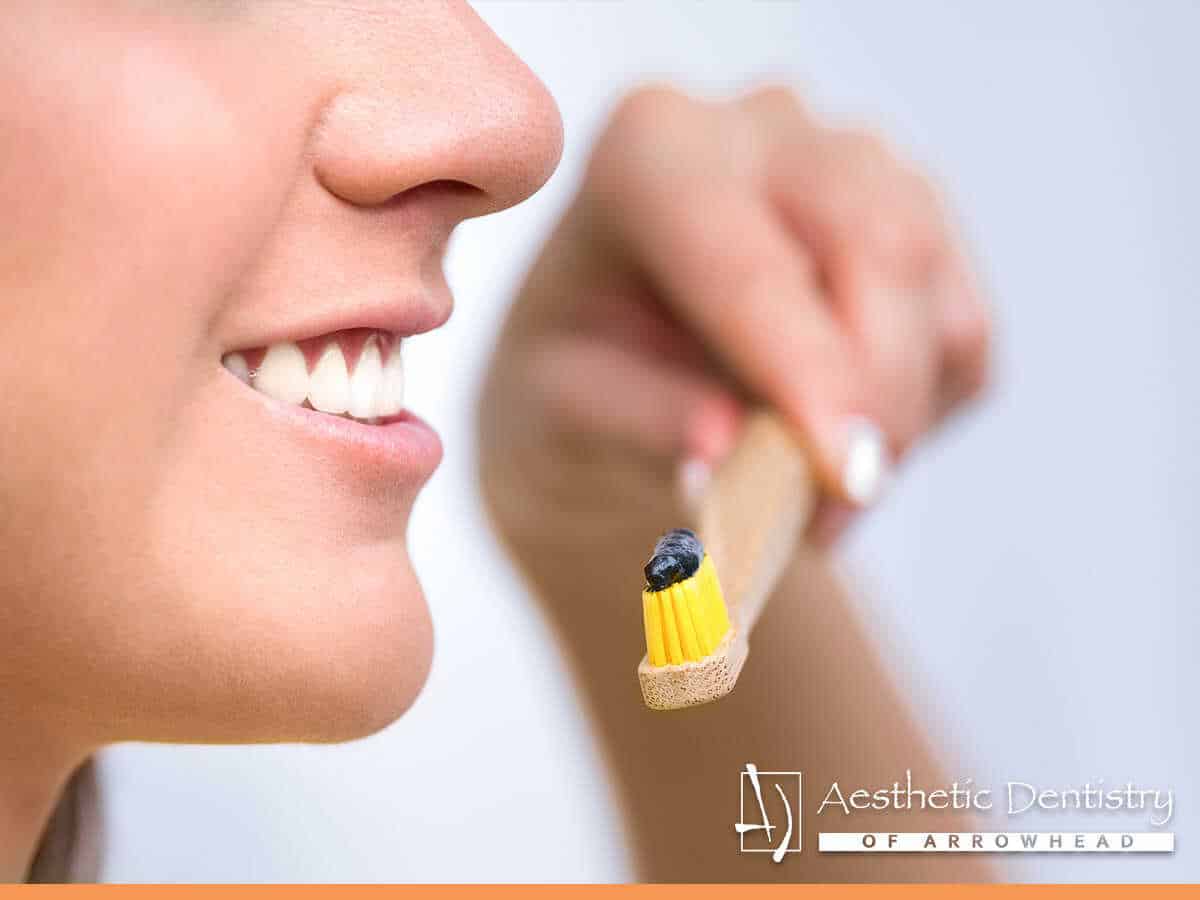
Charcoal Toothpaste & Products For Teeth Whitening: Does It Work?
To some extent, yes, charcoal toothpaste can work for some stains. Activated charcoal may help remove surface stains on your teeth, since it is mildly abrasive and has some ability to absorb stains. This is good news if you have minor tooth staining.
There is currently no formal evidence, however, that charcoal has any ability to remove stains below tooth enamel or that it has a natural whitening effect. To really whiten teeth completely, a dental product must have the ability to remove both surface stains and those below the enamel. There is some anecdotal evidence that charcoal can effectively whiten teeth, but at this time there is no scientific evidence to support that claim.
Is Charcoal Toothpaste Bad For Your Teeth?
More research is needed to adequately answer this question, especially in relation to long term use. Some dentists recommend caution due to the lack of research, citing concerns of the lack of study about anecdotal claims of efficacy and safety.
However, we do know some things about charcoal toothpaste:
- Charcoal toothpaste is too abrasive to be used on a daily basis. Over time, repeatedly brushing abrasive material into your teeth could wear down your enamel. Ultimately, this could even make your teeth appear more yellow because it will expose dentin, which is the tissue underneath enamel that often has a yellow toned appearance.
- Exposed dentin is often a cause of tooth sensitivity.
- Since most charcoal toothpastes do not contain fluoride, some dentists are concerned that a lack of fluoride use may weaken enamel, causing cavities or decay.
- Since charcoal particles can accumulate in the cracks and crevices of older teeth, it may cause some staining for some people.
- We don’t know what effect charcoal may have on dental implants such as veneers, bridges, crowns, and fillings. It’s possible that charcoal particles could build up in between them and leave an unsightly dark outline.
What Are The Benefits Of Charcoal For Brushing Your Teeth?
At this time, there are only some established facts about charcoal toothpaste:
- Charcoal will often remove surface stains on teeth.
- Since it absorbs toxins, charcoal toothpaste may improve bad breath.
- Charcoal may help prevent staining if used occasionally after a professional dental cleaning.
What Are The Disadvantages Of Charcoal Toothpaste?
Some potential disadvantages of brushing with charcoal toothpaste may include:
- Since charcoal is abrasive, over time it may wear down your tooth enamel, exposing dentin.
- Charcoal toothpaste cannot remove stains that are below the tooth’s enamel layer.
- Long term use of charcoal toothpaste could cause tooth sensitivity due to exposed dentin.
- Most charcoal toothpaste brands don’t contain fluoride, which most dentists believe helps prevent cavities and tooth decay.
- Charcoal’s effects on older teeth and dental restorations, such as veneers, bridges, crowns, and white fillings, is unknown.
- There is no formal data on long term safety or efficacy.
What Other Products Work To Whiten Teeth?
If you want to whiten your teeth, there are a number of effective alternatives that are available over the counter and approved for use by the American Dental Association. There are other options that are available through your dentist’s office. These whitening product options include whitening toothpastes and strips, in office whitening treatments, and at home whitening treatments that are supervised by a Glendale dentist. Generally, these products and procedures include some amount of blue covarine and hydrogen peroxide.
Natural Home Remedies For Teeth Whitening
There are also some alternative options for teeth whitening that can be done at home. Although they may not be quite as effective as commercial products, they are natural, easy to try, and don’t have any side effects. These include hydrogen peroxide, baking soda, and apple cider vinegar. Be sure to rinse your mouth carefully with plenty of water if you decide to utilize any of these home remedies. Of course, regular brushing after meals and after drinking sugary beverages, can help prevent tooth staining from happening in the first place.
Visit a Top Cosmetic Dentist In Arrowhead
If you’re looking for an experienced cosmetic dentist in the Arrowhead or Peoria areas, visit Dr. Greg Ceyhan at Aesthetic Dentistry of Arrowhead. As one of the foremost cosmetic dentists, Dr. Ceyhan has earned a reputation for being an excellent choice for both cosmetic needs and general dentistry. To schedule your appointment, call Aesthetic Dentistry of Arrowhead today at (623) 400-6024.

Dr. Greg Ceyhan – Aesthetic Dentistry of Arrowhead
Glendale, Arizona 85308
Map | Directions
Phone: (623) 979-1515
Fax: (623) 878-1811
Office Hours: Monday-Friday: 8am-5pm
Website: https://www.drgregceyhan.com


